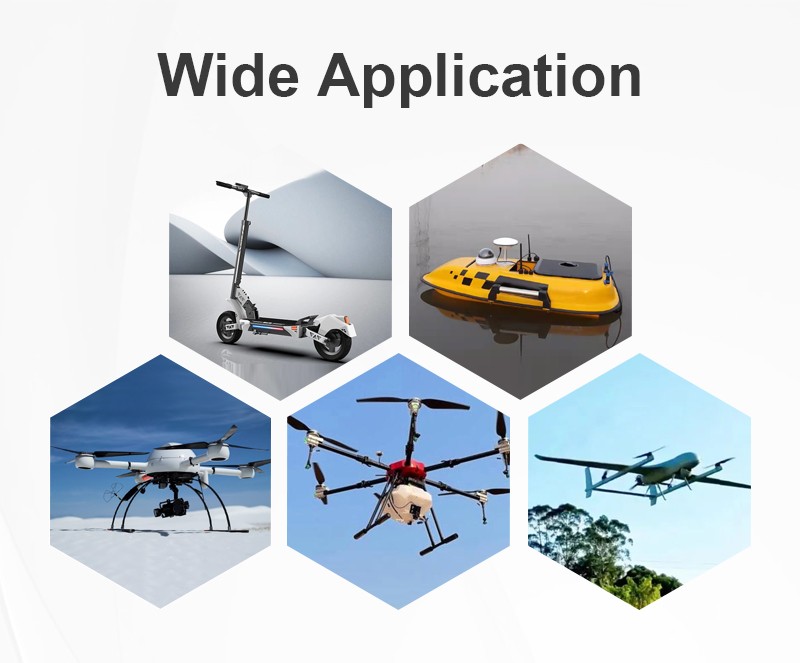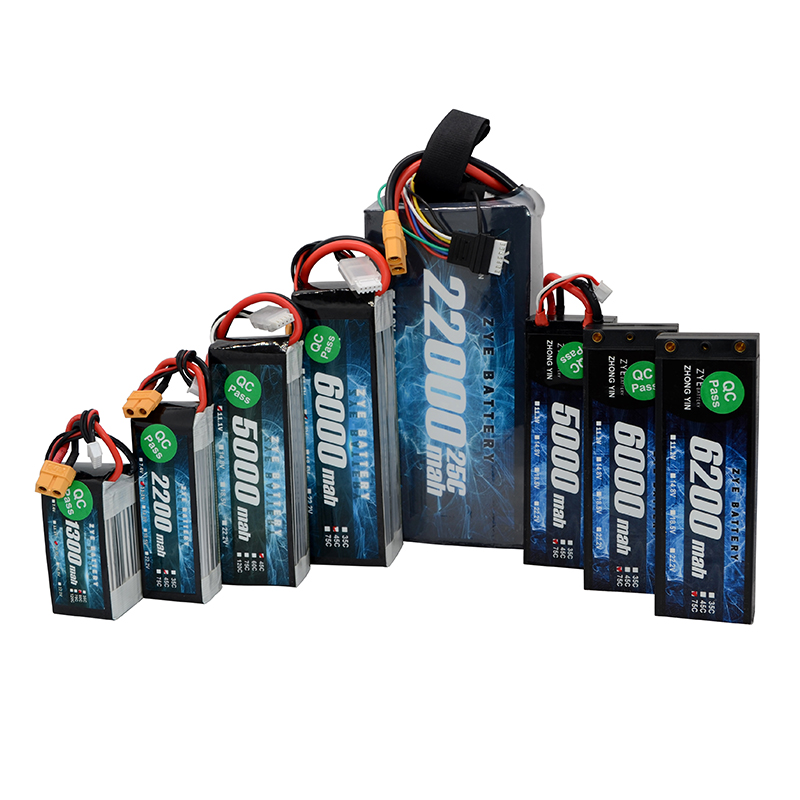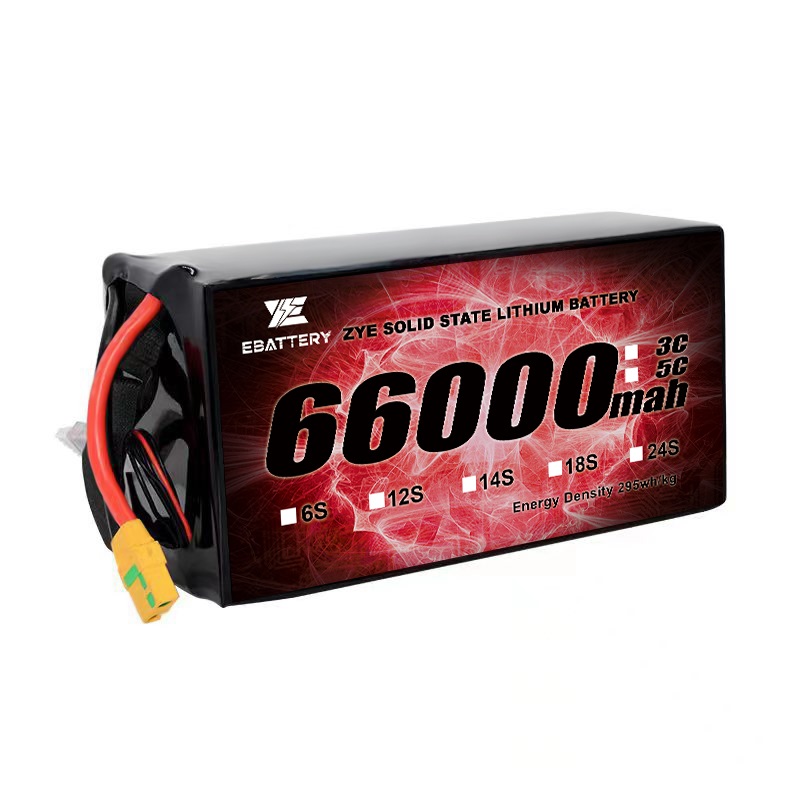Do Drone Delivery Systems Require Specialized Battery Configurations?
As the demand for drone delivery services continues to soar, the need for efficient and reliable power sources becomes increasingly crucial. The question arises: do these aerial couriers require specialized battery configurations to meet the unique demands of their delivery missions? Let's delve into the world of drone batteries and explore how they're evolving to keep pace with the rapid growth of drone delivery systems.
Swappable Battery Systems: How Do Delivery Drones Maintain Uptime?
One of the most innovative solutions in the drone delivery sector is the implementation of swappable battery systems. These systems allow for quick and efficient battery changes, minimizing downtime and maximizing operational efficiency.
The Mechanics of Swappable Battery Systems
Swappable battery systems offer significant advantages in drone operations by allowing operators to quickly replace depleted drone batteries with fully charged ones. This process is typically completed in just a few minutes, significantly reducing downtime and enabling the drone to resume its tasks almost immediately. The ability to swap batteries enhances operational efficiency, especially in high-demand environments like deliveries or surveillance, where continuous operation is crucial.
Additionally, it extends the drone's operational range by ensuring that power supply isn't a limiting factor. This system also offers greater flexibility in power management, making it easier to optimize energy use based on mission requirements. As more drone delivery companies embrace this technology, it becomes clear that swappable battery systems have the potential to transform operations, ensuring higher efficiency and minimizing service interruptions.
Can LiPo Batteries Handle Frequent Delivery Cycles?
Lithium Polymer (LiPo) batteries have long been the go-to power source for drones due to their high energy density and lightweight nature. However, the question remains: can these batteries withstand the rigors of frequent delivery cycles?
The Durability of LiPo Batteries in Delivery Drones
LiPo batteries are known for their resilience, especially when subjected to frequent charge and discharge cycles. However, their performance can be further optimized through careful management. Adhering to proper charging and discharging protocols ensures that the battery maintains its health over time. Temperature control is also crucial, as extreme heat or cold can negatively affect battery performance and lifespan, both during operation and storage. Regular maintenance and inspection help identify potential issues early, preventing major failures.
Additionally, integrating a Battery Management System (BMS) allows for more precise monitoring of battery status, ensuring safe and efficient operation. With proper care, LiPo batteries can meet the demands of frequent drone delivery cycles, but as technology advances, we may see the development of specialized drone batteries tailored to further improve efficiency, longevity, and safety in this growing industry.

Why Do Commercial Delivery Drones Use Dual Batteries?
Many commercial delivery drones are now equipped with dual battery systems, a configuration that offers several advantages over single-battery setups.
The Benefits of Dual Battery Systems in Delivery Drones
Dual battery systems provide delivery drones with enhanced capabilities and reliability:
1. Increased flight time and range
2. Improved redundancy and safety
3. Better weight distribution and balance
4. Flexibility in power management
By utilizing two batteries, delivery drones can carry heavier payloads over longer distances, making them more versatile and efficient in their operations. Additionally, the redundancy provided by a dual battery system enhances safety, as the drone can continue to operate even if one battery fails.
Advanced Power Management in Dual Battery Systems
Dual battery systems in delivery drones often incorporate sophisticated power management technologies. These systems can:
1. Intelligently distribute power draw between batteries
2. Monitor and balance battery health
3. Optimize power usage based on flight conditions and payload
4. Provide detailed diagnostics and performance data
These advanced features ensure that the drone battery system operates at peak efficiency, maximizing flight time and overall performance.
The Future of Drone Delivery Battery Technology
As drone delivery systems continue to evolve, so too will the batteries that power them. We can expect to see several advancements in the near future:
Emerging Battery Technologies for Drone Delivery
1. Solid-state batteries with higher energy density and improved safety
2. Hydrogen fuel cells for extended flight times
3. Solar-powered drones for sustainable operations
4. Advanced battery chemistries optimized for frequent charge cycles
These innovations will likely lead to drones with longer flight times, increased payload capacities, and more efficient operations overall.
Specialized Battery Configurations: A Necessity for Drone Delivery?
While current drone battery technologies have proven capable of meeting the demands of delivery operations, the unique requirements of this application are driving the development of more specialized configurations.
Tailoring Battery Systems for Delivery Drones
Specialized battery configurations for delivery drones may include:
1. Custom form factors to optimize drone aerodynamics
2. Integrated heating and cooling systems for operation in extreme temperatures
3. Quick-swap mechanisms for rapid turnaround times
4. Enhanced durability features to withstand frequent handling and environmental stresses
These specialized configurations will help to address the specific challenges faced by drone delivery systems, such as the need for extended flight times, rapid recharging, and operation in diverse environmental conditions.
Conclusion
As we've explored, the success of drone delivery systems hinges largely on the capabilities of their power sources. While current battery technologies have proven effective, the unique demands of delivery operations are driving the development of more specialized configurations. From swappable systems to dual battery setups and emerging technologies, the future of drone delivery batteries is bright and full of potential.
For businesses looking to harness the power of cutting-edge drone battery technology, Ebattery offers a range of high-performance solutions tailored to meet the demands of commercial drone operations. Our expert team is dedicated to providing innovative power solutions that can take your drone delivery system to new heights. To learn more about how Ebattery can supercharge your drone fleet, contact us at cathy@zyepower.com.
References
1. Johnson, A. (2023). "The Evolution of Drone Delivery Battery Systems". Journal of Unmanned Aerial Systems, 15(2), 78-92.
2. Smith, B. & Lee, C. (2022). "Specialized Battery Configurations for Commercial Drone Applications". International Conference on Drone Technology, Paris, France.
3. Zhang, Y. et al. (2023). "Comparative Analysis of Single vs. Dual Battery Systems in Delivery Drones". IEEE Transactions on Robotics and Automation, 40(3), 412-425.
4. Brown, D. (2022). "The Impact of Battery Swapping Systems on Drone Delivery Efficiency". Logistics and Transportation Review, 58, 102-115.
5. Garcia, M. & Patel, R. (2023). "Future Trends in Drone Battery Technology for Delivery Applications". Energy and Environmental Science, 16(4), 1089-1104.
























































